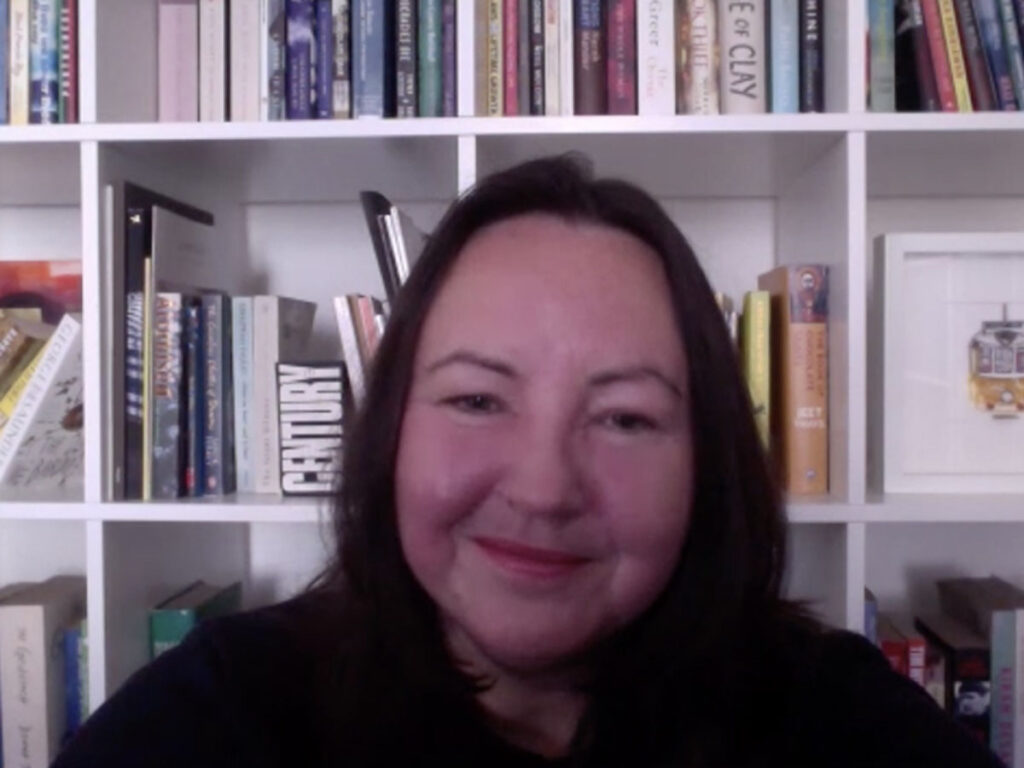VOICES FROM THE ECCC (Extraordinary Chambers in the Court of Cambodia)/THE KHMER ROUGE TRIBUNAL.
- Could you please tell us your name and your positions at the ECCC and summarize your responsibilities in each position?
- You were responsible for giving advice on the most complex and sensitive legal issues for the Trial Chamber. What were some of the most challenging questions or topics that you faced as they pertain to international criminal law? What were some of the most challenging questions or topics that you faced regarding the policies, practices, procedures, or rules of the Chamber?
- You were interviewed in April 2012 by Tomas Hamilton and Michael Ramsden for an article on the ECCC. In this interview you mentioned that you would not advocate that the Cambodian model be used for future tribunals. (See footnote for interview excerpt). You mentioned that the way the court operated, there was often “painstaking collaboration on every minute technical issue.” Could you tell us about some of these inefficiencies, perhaps with an anecdote?Tomas Hamilton and Michael Ramsden, The Politicization of Hybrid Courts: Observations from the Extraordinary Chambers in the Courts of Cambodia, 14 Int’l Crim. L. Rev. 115-147 (2014). “Looking prospectively, I would not advocate that the Cambodian model be used in future tribunals. Firstly it is simply inefficient, for example in the lack of a Presidency, which can be a unifying, cohesive voice, and make tough management decisions. It is a court in two halves, and it is dependent on a painstaking collaboration on every minute technical issue. Second, the model is wrongheaded, because it is based on the false notion that unless you have an enshrined majority of domestic judges then the notion of national ownership is not genuine. There was a tendency to scoff at the ad hoc tribunals, by suggesting that they never employed Rwandans or Yugoslavs, but in fact there was a significant proportion of such employment in those tribunals.”
- Are there any other areas where you thought the court’s makeup could be improved? What parts of the court’s structure seemed to work well? Any anecdotes you can share?
- Can you speak about your interactions with the judges: Specifically, can you provide your opinion on any judges you particularly liked to work with? Any judges you learned from? What about interactions with staff? Any anecdotes on the relationships between the judges and how they worked together?
- Can you recall any accused or survivor stories that resonated with you?
- What do you think the major impacts of the ECCC will be on Cambodian society? Both today and twenty years from now?
( November 29, 2019)

